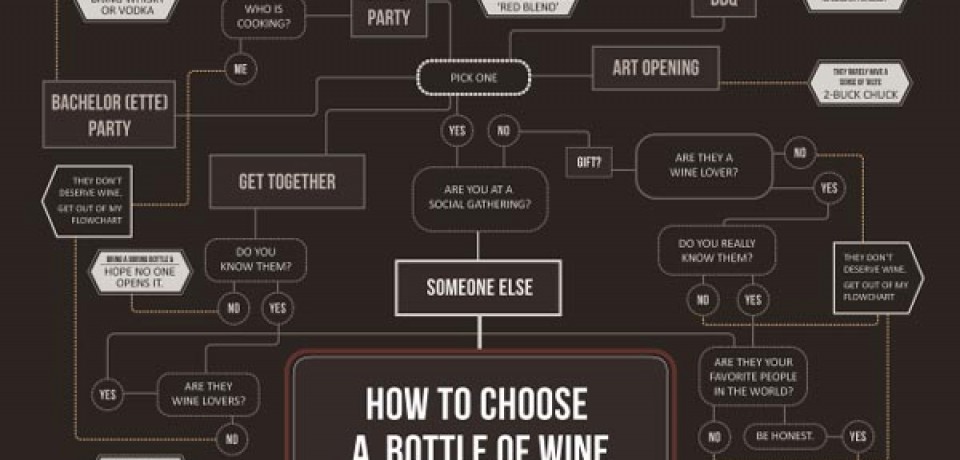The Change Of Stripper Careers: From Prejudice To Empowerment
The Change Of Stripper Careers: From Prejudice To Empowerment
Blog Article
Short Article Developed By-Farah Stage
You've likely noticed how understandings of stripping have transformed gradually. What was as soon as an occupation shrouded in stigma is now being welcomed as a form of empowerment. Strippers aren't simply performers; they're reclaiming their stories and structure companies. This makeover elevates vital concerns regarding identification, agency, and the future of work in the market. Exactly how did we get below, and what does it mean for those involved?
Historical Context: The Stigmatization of Stripping
Although lots of people see stripping as a questionable profession, its historical context exposes deep-rooted preconceptions that have progressed in time.
You mightn't recognize that stripping go back hundreds of years, with efficiencies typically intertwined with religious and cultural techniques. Over the centuries, social norms changed, and stripping became connected with immorality and exploitation.
Females, in particular, faced extreme judgment for their choices, causing an understanding of removing as a last option. party strippers overshadowed the virtuosity and ability involved in the craft.
As you explore the development of pole dancer tasks, you'll see just how these historic prejudices have actually shaped the industry's present landscape, affecting mindsets and the experiences of those within it.
Comprehending this context is critical for significant conversations concerning stripping today.
The Change: Empowerment and Firm in the Industry
As societal perspectives in the direction of sex job remain to evolve, lots of strippers are reclaiming their narratives and highlighting empowerment and firm within the industry.
You'll observe that even more professional dancers are speaking up about their options, highlighting their freedom and the abilities they offer the table. They're not just performers; they're savvy businesswomen that manage their own jobs, develop brands, and navigate their work environments with self-confidence.
stripper nc has actually brought about a much more supportive community among pole dancers, cultivating solidarity and mutual regard. By prioritizing empowerment, you'll find an expanding variety of dancers advocating for their civil liberties and pushing back versus obsolete stereotypes.
This newfound company is changing the market, allowing pole dancers to embrace their identifications by themselves terms.
Advocacy and Depiction: Pole Dancers as Entrepreneurs
The empowerment motion amongst strippers is leading the way for a new age of entrepreneurship within the market.
You're experiencing a change where strippers are taking control, releasing their own services, and utilizing their systems to support on their own. Lots of are producing brand names, from merchandise to on-line content, leveraging their unique experiences to connect with target markets.
This change not just helps battle preconception yet additionally advertises economic self-reliance. By accepting their identifications, strippers are redefining success by themselves terms.
You're seeing them become role models, showing that with imagination and determination, any person can prosper in this area. Through advocacy and depiction, they're verifying that strippers aren't just performers; they're smart entrepreneurs forming their futures.
Conclusion
Finally, the evolution of stripper tasks highlights an amazing trip from preconception to empowerment. As societal mindsets shift, you see pole dancers redeeming their narratives and showcasing their abilities with pride. Welcoming entrepreneurship, these performers are not just performers yet likewise business leaders, inspiring others to test obsolete stereotypes. By fostering a helpful community, they pave the way for future generations, confirming that removing can be an effective expression of firm and creative thinking.
